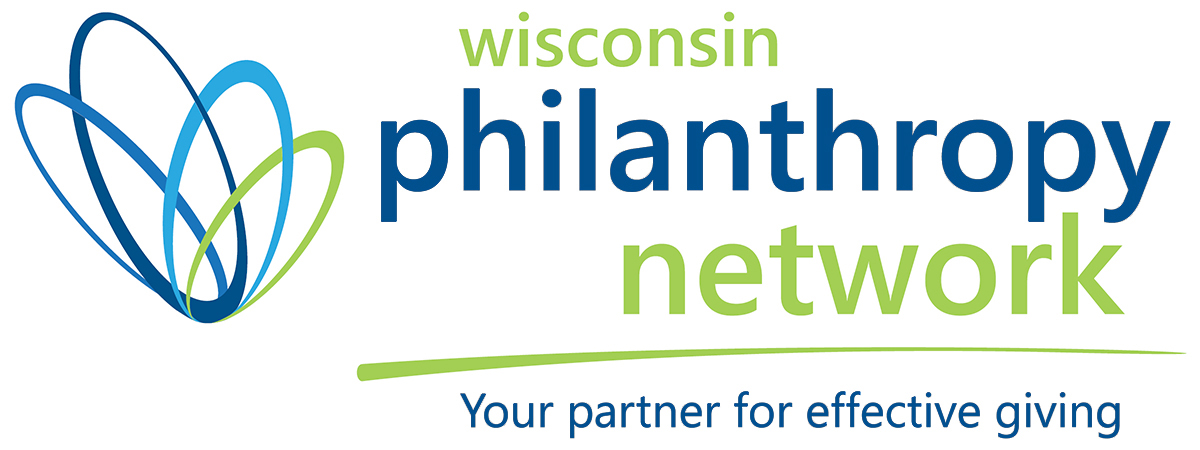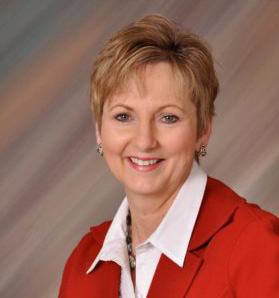According to a BizTimes article by Lauren Anderson, "The Siebert Lutheran Foundation is adding a new president role to its leadership team, in a move that leaders said reflects the Milwaukee-based foundation’s efforts to grow its impact in the region.

Brenda Skelton
Under the new structure, current president and chief executive officer Brenda Skelton will stay on as CEO, while the foundation hires for a newly-created president and chief operating officer role.
Skelton, who was hired on as president and CEO in 2013 after serving on the foundation’s board for eight years, said the foundation in recent years has begun shifting away from being a “steady, passive, quiet funder” to an activist funder that “tackles big issues” in the community.
That effort has included adding more board members, completing a strategic plan and relocating its office from Brookfield to the SoHi Building at 27th and Wells streets in Milwaukee’s Avenues West neighborhood in April. The new office has allowed the foundation to be closer to many of its funded ministries, Skelton said.
“As we look to grow our impact, it includes our presence in the city to be a closer partner to the programs that we fund, and it includes using our reputation and platform and facility to be a convener around community issues and solutions,” she said.
Skelton said the creation of a new president/COO role will allow for more leadership in the area of grantmaking.
Siebert Lutheran Foundation was established by Albert F. Siebert, the founder of Milwaukee Electric Tool Company. The foundation later sold its interest in Milwaukee Electric Tool Company to Amstar Corporation in 1976 and today operates as an independent foundation under a trust agreement. Since then, the foundation has funded more than $125 million in grantmaking.
The foundation’s current endowment is about $100 million. Its main funding priorities include church ministries, education in urban and low-income areas, and services and solutions to generational poverty.
“We’ve been very much of a steady Eddie funder,” Skelton said. “But the board wanted to be more proactive to bring new solutions and new models, to expect more from our grantees in terms of impact and measurement and evaluation.”
Recently, the foundation has been particularly focused on finding longer-term solutions to generational poverty through job readiness and training, helping those coming out of incarceration, and micro-enterprise and entrepreneurship.
“That’s a slower build because the Lutheran community has historically been very good at charity, feeding hungry people, but longer-term solutions are more complex so a lot of our work right now is building capacity within the Lutheran community to make a difference in those more complex solutions,” she said."




